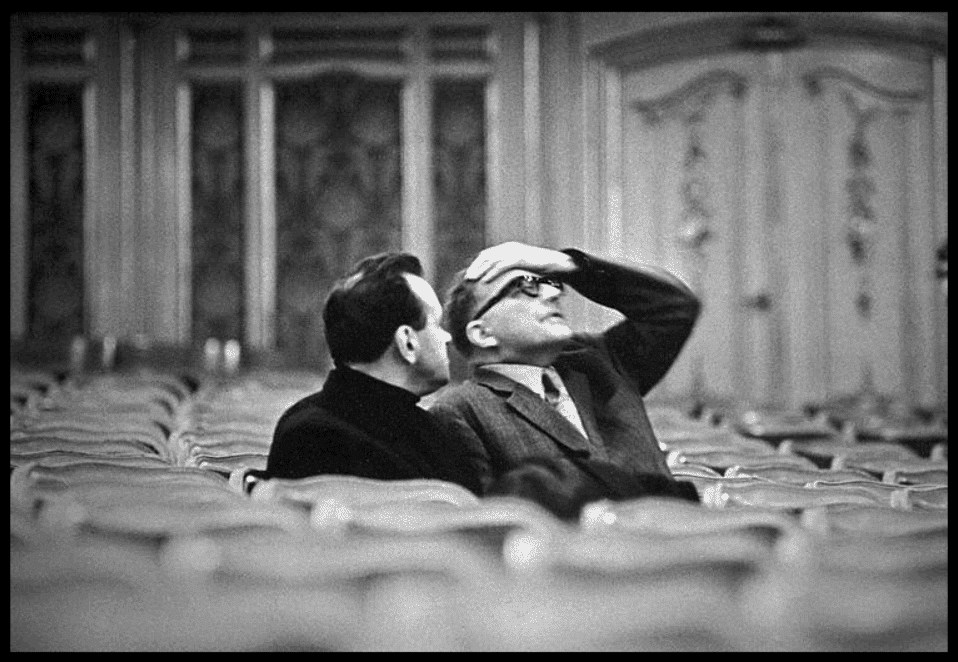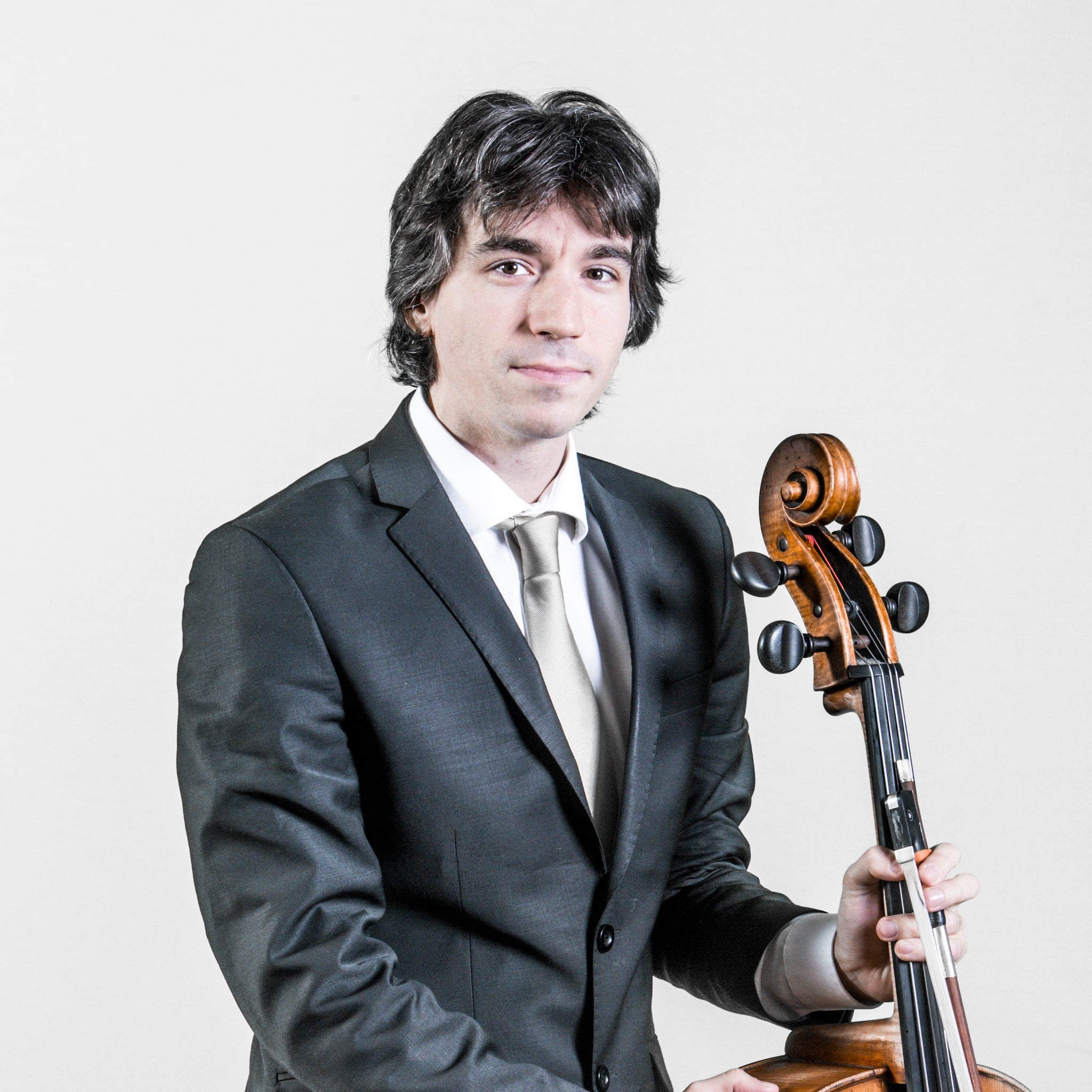The day the symphony died
OrchestrasFrom my monthly essay in the new issue of The Critic magazine:
I remember well the day the symphony died. It was August 1975, and I was sitting in a television newsroom when the teleprinter clattered out a Moscow dateline. “Hold the bulletin,” I cried. “Shostakovich is dead.”
I was met by a wall of blank faces. “The greatest Russian composer since Tchaikovsky?” I tried. They’d heard of Tchaikovsky. “The Leningrad Symphony?” Not a flicker.
My colleagues were world-travelled reporters and editors, well-read in modern history. Yet not one of them went to symphony concerts or took an interest in an art form that had been running about the same length of time as the United States of America.
The USA commanded our constant professional attention. The symphony was peripheral. That day, 50 summers ago, I realised the symphony was dead….
Read on here.






Comments